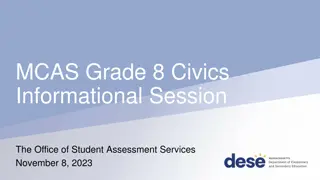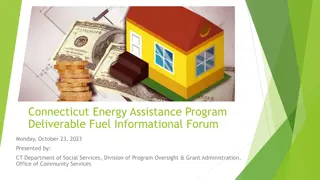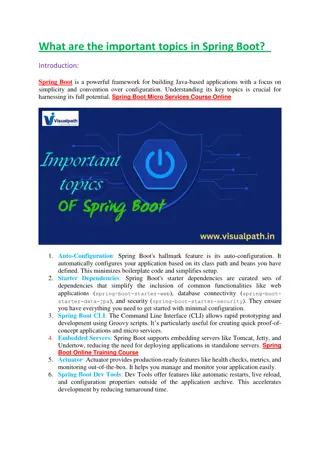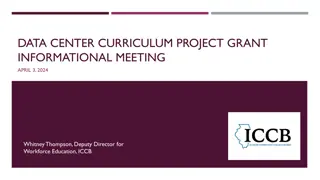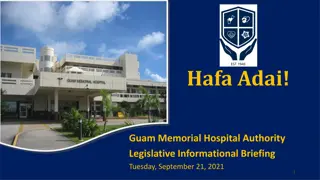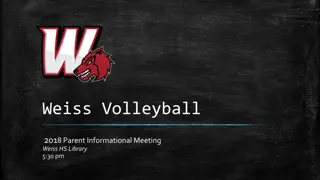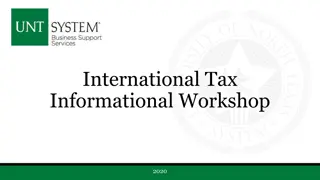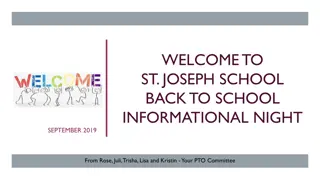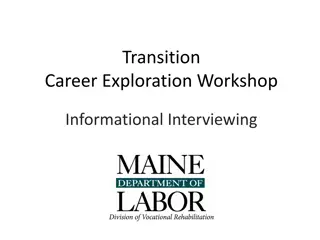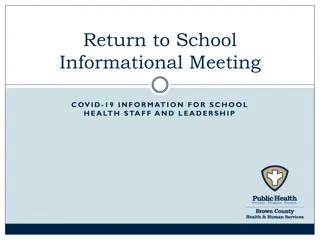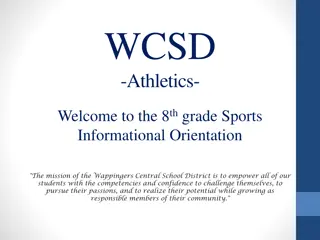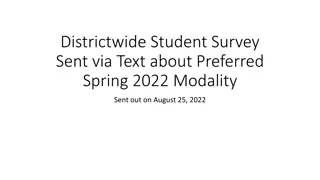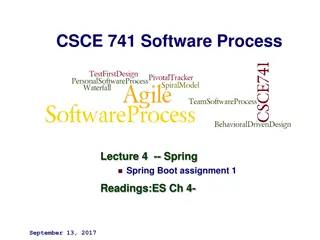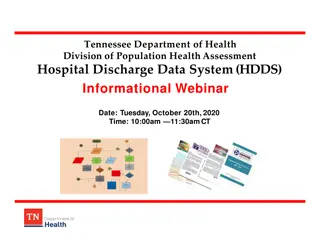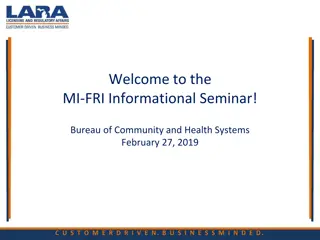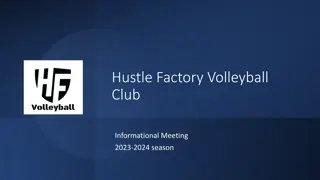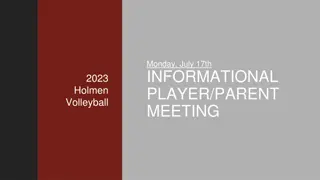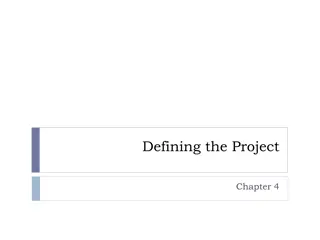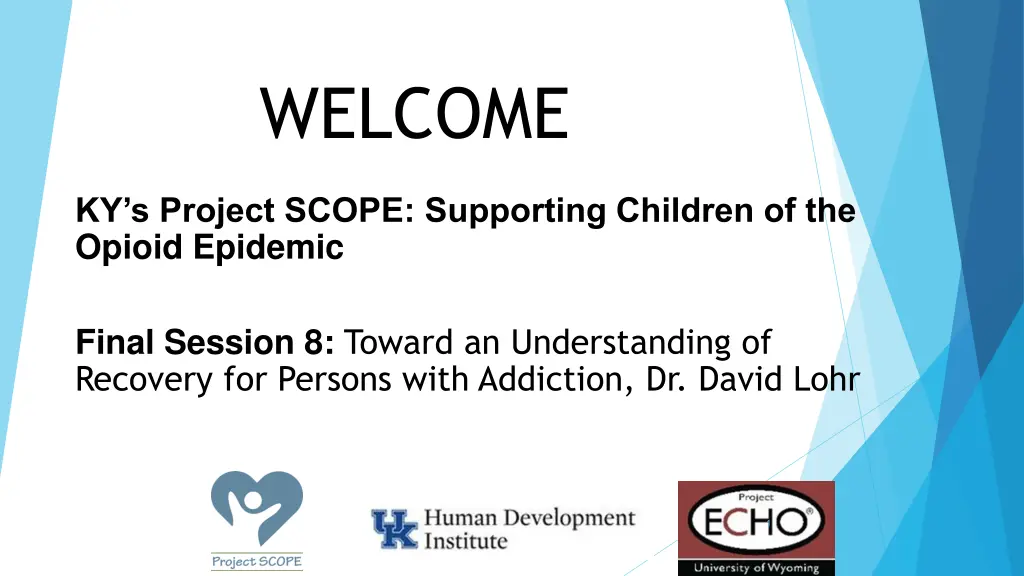
Understanding Recovery for Persons with Addiction in Supporting Children of the Opioid Epidemic
Join the final session of Project SCOPE's series focusing on recovery for individuals with addiction. Explore insights from Dr. David Lohr and engage in discussions led by facilitators on important procedural reminders and small group sessions. Discover valuable resources and Zoom details for assistance. Don't miss this opportunity to be part of a supportive community working towards a better future for children affected by the opioid epidemic.
Download Presentation

Please find below an Image/Link to download the presentation.
The content on the website is provided AS IS for your information and personal use only. It may not be sold, licensed, or shared on other websites without obtaining consent from the author. If you encounter any issues during the download, it is possible that the publisher has removed the file from their server.
You are allowed to download the files provided on this website for personal or commercial use, subject to the condition that they are used lawfully. All files are the property of their respective owners.
The content on the website is provided AS IS for your information and personal use only. It may not be sold, licensed, or shared on other websites without obtaining consent from the author.
E N D
Presentation Transcript
WELCOME KY s Project SCOPE: Supporting Children of the Opioid Epidemic Final Session 8: Toward an Understanding of Recovery for Persons with Addiction, Dr. David Lohr 1
KY SCOPE Team Our partners for Project SCOPE Caroline Gooden, Director Juliet Souders, Facilitator Coordinator Brandon Cannada, Technology Mikaela Roark, Evaluation Our small group facilitators, including staff from the Administrative Office of the Courts, and our participants! 2
Session Procedural Reminders Cameras on, please; unmute during small groups Enter name, email, and county in chat each time for attendance Take care of your needs during session; topics are sensitive Thank you for protecting confidentiality; change names of all persons discussed Addiction is a disease, not a choice Please engage actively 3
Session Procedural Reminders 2 Use person-first language (child born substance exposed; family with child with neonatal abstinence syndrome) Session recorded and close captioned (turn on in zoom) Ask questions anytime in chat Respect all viewpoints 4
Thanks to our Small Group Facilitators Caroline Gooden and Laura Gullett (Group 1) Juliet Souders and Dr. Myra Beth Bundy (Group 2) Andrea Witwer and Sascha Bravin (Group 3) Karen Cottengim and Bridgette Talley (Group 4) Gabby Martin and Mahala Saylor (Group 5) Brittany Barber and Kayla Harmon (Group 6) 5
Todays Schedule 4:00-4:10pmET/ 3:00-3:10pmCT: welcome, call procedures 4:10-4:40pmET/ 3:10-3:40pmCT: Presentation by Dr. Lohr 4:40-5:15pmET/3:30-4:14pmCT: Small group sessions 5:15-5:30pmET/ 4:15-4:30pmCT: Large group discussion, wrap up 6
Resource Materials and Zoom (Brandon) Please contact brandon.cannada@uky.edu for assistance Rejoin zoom anytime bounced off at https://uky.zoom.us/j/81895351022 See resource materials, including CEU information, at https://www.hdilearning.org/project-scope-echo-series-spring- 2022/ and https://www.hdilearning.org/scope-echo-ceu- information-spring-2022/ 7
Summary from Session on May 5th: Provider Strategies for Resilience Some things we hear are shocking and "slime-ing" can be an issue in the workplace. We can avoid slime-ing by asking people before we tell them something stressful, "I am going through something stressful; are you in the place where we could talk about it? It's okay if you say no." Recognizing that providers need an outlet/someone to talk to is important. It is okay to seek professional help or therapy for ourselves. Ways that we address stress in our personal and professional lives: WTF-Walk, Talk, Flush: Grab a friend and a water bottle and go for a walk. Deep breathing and mindfulness help to calm the mind and focus on the present. Mindless entertainment- TV, books, podcasts, music. 8
Case Presentation Strategies: "Camille" If Camille doesn't get help, what could happen? She could get burnt out and maybe quit her job. She could become indifferent or apathetic which would affect her quality of work and ability to support others. She could experience depression, substance use disorder, and/or isolation from friends and family. How do your workplaces support mental wellness? Mindfulness trainings; regular check-ins with supervisors Time off during the holidays that doesn't require vacation time Calm App, Headspace, Insight Timer; activities with pets; outdoor activities; retreats 9
Key Terms for Today Neonatal Abstinence Syndrome (NAS) and Neonatal Opioid Withdrawal Syndrome (NOWS) Adverse Childhood Experiences (ACEs) 10
Todays Session Dr. Lohr will discuss: The interaction of Adverse Childhood Experiences (ACEs), social determinants of health and substance use to provide trauma-informed care KY s services for families who struggle with substance abuse and their children, and who receive services from the Department for Community Based Services (DCBS) Session Objectives: Participants will identify key principles of NAS and drug exposure in children Participants will understand the role of ACEs and how trauma-informed practices can provide best practices of care Participants will identify services available through DCBS for families affected by substance use disorder and their children. 11
Todays Session Dr. W. David Lohr 12
Small Group Discussion Questions 1. How could the programs discussed in Dr. Lohr's presentation impact your work, agency, or the people you serve? 2. In the case study, what are the ACEs and factors that put her at risk? 3. What barriers increase her risk for relapse? 4. What interventions are needed to help her succeed? 5. What did you like best about Project SCOPE sessions you have attended? What would improve the experience for you? 6. What would you like more information about regarding the opioid epidemic, NAS, or another related topic? 7. What would encourage you to submit case studies to Project SCOPE from your own experience? 13
Large Group Discussion 1. How could the programs discussed in Dr. Lohr's presentation impact your work, agency, or the people you serve? 2. In the case study, what are the ACEs and factors that put her at risk? 3. What barriers increase her risk for relapse? 4. What interventions are needed to help her succeed? 5. What did you like best about the Project SCOPE sessions you have attended? What would improve the experience for you? 6. What would you like more information about regarding the opioid epidemic, NAS, or another related topic? 7. What would encourage you to submit case studies to Project SCOPE from your own experience? 14
Evaluation Please complete ALL final surveys and evaluations to receive incentives and give feedback Incentives: exciting book selections for those who completed all sessions Thank you for your feedback! You've made Project SCOPE a better experience! 15
Contact for Support SCOPE Director: caroline.gooden@uky.edu Lead Facilitator and CEUs: Juliet.souders@uky.edu Technology: brandon.cannada@uky.edu Evaluation: Mikaela.roark@uky.edu 16


